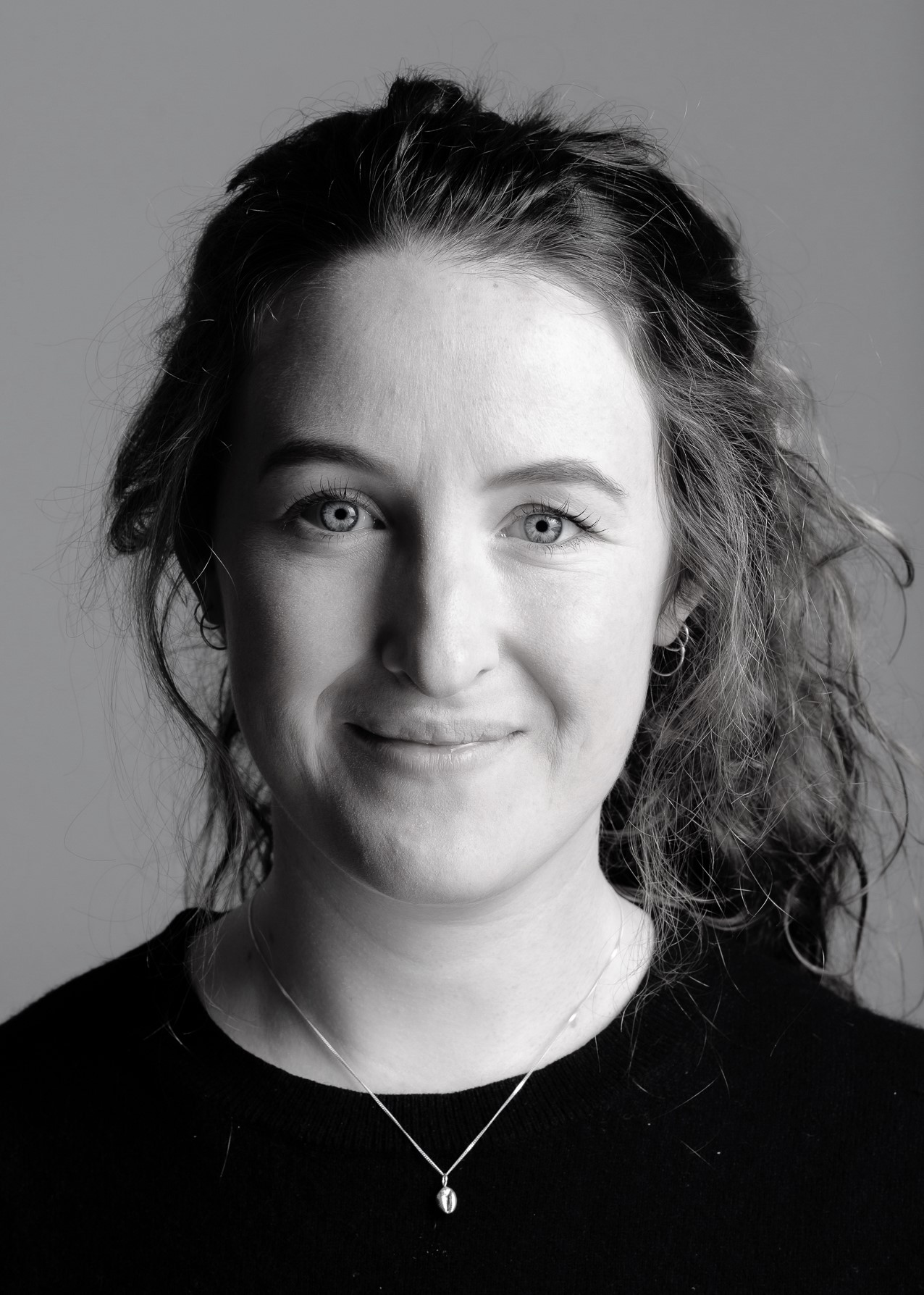
The idea for an Edinburgh branch of ReproducbiliTea took form over a virtual cup of tea during the first lockdown in Summer 2020. We – Niamh and Laura – are both PhD students in the Division of Psychiatry. We were chatting about our daily struggles and highlights (mostly struggles) of PhD life when Niamh enthusiastically brought up the topic of open research at the ReproducibiliTea organisation. ReproducbiliTea is a grassroots journal club initiative, which helps researchers establish local open research journal clubs to discuss ideas and issues about improving research (integrity), reproducibility, and the broader open research movement.
ReproducibiliTea was started in 2018 by a group of ECRs at Oxford, and has since spread to 133 institutions in 25 different countries. Instantly, we had developed a common interest and decided that Edinburgh should definitely have its own ReproducibiliTea section! Setting up a local branch was made very easy by the organisation, and we even got a free Reproducbili-Teapot, which we can hopefully put to good use in future in-person meetings!
We initially planned for our ReproducibiliTea to be based within our own department. However, we were blown away by the level of interest from the broader university community so decided to make it a university-wide journal club open to all students, researchers and supporting staff from a variety of career stages. Fortunately, we were quickly introduced to Ben Thomas, co-founder of the Edinburgh Open Research Initiative (EORI), who is a fountain of knowledge on all things open research related. We decided to join forces with the EORI and make Edinburgh ReproducibiliTea an EORI outreach platform.
The EORI is a grassroots collective of students and staff based primarily at The University of Edinburgh. We aim to promote awareness of and training in Open Research practices and policies, and lobby for these to be implemented and formally recognised by The University of Edinburgh. Prior to holding our first ReproducibiliTea session, we put out a call across the University to recruit members for an Edinburgh ReproducibiliTea Working Group. It is important to us that Edinburgh ReproducibiliTea reflects the open research needs and interests of the wider University community and we were very excited to see that so many people wanted to join us. The Working Group has been very helpful in giving us direction for our sessions and helping us promote them.
We held our first Edinburgh ReproducibiliTea session on October 16th 2020, and were delighted to welcome Ben Thomas as our inaugural speaker. Ben gave a very engaging talk that introduced several key aspects of the open research movement. Since then we have had sessions on every third Friday of the month on several open research-related topics such as selfish reasons to work reproducibly (Kaitlyn Hair), Edinburgh Carpentries (Dr. Edward Wallace), and stories from the open research movement (Dr. Rosalind Attenborough).
We have also had one extra session on the use of open research practices in Covid-19 research by Dr. Lonni Besançon, and a “holiday special” (see video below) in which multiple local researchers shared some of their experiences with open research-related practices. We are incredibly pleased that the sessions are so well-attended, and we are very grateful to have received a lot of positive and useful feedback from our audience. It goes to show that the open research movement is very relevant to the research community in Edinburgh!
Getting involved with Edinburgh ReproducibiliTea has truly enriched our experience as postgraduate students. We greatly enjoy learning about new perspectives, engaging in thought-provoking discussions, and being part of this energetic, somewhat activist community. The ideology that research should be slower, more transparent, reproducible and Findable, Accessible, Interoperable and Reusable (read more about FAIR principles on the Go Fair website) sometimes clashes with the existing pressures in the field. Our sessions often bring about a balanced discussion of both abstract concepts as well as practical implications for day-to-day research activity.
Our aim is to make Edinburgh ReproducibiliTea a platform for respectful, free discussions, and to facilitate knowledge exchange and learning about open research-related topics. We ourselves are already reaping the benefits from this platform as it has inspired us to make changes in our own research work, such as working on registered reports and improving our reproducible workflows (more extensively annotating code, thinking twice about how we organise our datasets and scripts etc.). In our view, making your research more ‘open’ should not be approached with an ‘all-or-nothing’ kind of attitude. Small steps and adjustments can go a long way and really benefit both yourself and your extended research community.
We will take a break over the summer but we will be back with more sessions from September onwards. If you would like to sign up to our mailing list to receive invites to our sessions, please fill out this form https://forms.gle/hdudkReZ66cDXp298
You can also join our open channel on Microsoft Teams
If you are interested in getting more involved, for instance as a speaker and/or in the working group, please email us at edinburgh.reproducibilitea@ed.ac.uk
You can also find us on Twitter @Edinburgh_Tea and the EORI on @Edinburgh_open
For past sessions, please check out our YouTube channel, our blog written by Bengü Kalo, and our Open Science Framework page.
 Niamh MacSweeney
Niamh MacSweeney
Niamh is a third-year PhD student at The University of Edinburgh in the Division of Psychiatry. Her research aims to better our understanding of the biological and psychosocial risk factors associated with adolescent depression using large, population-based studies. Niamh is the co-founder/organiser of Edinburgh ReproducibiliTea.
 Laura Klinkhamer
Laura Klinkhamer
Laura is a third-year PhD student at The University of Edinburgh in the Department of Psychiatry and the Edinburgh Palliative and Supportive Care Group. Her research focuses on cancer-related pain, depression and (f)MRI. Laura is the co-founder/organiser of Edinburgh ReproducibiliTea.

